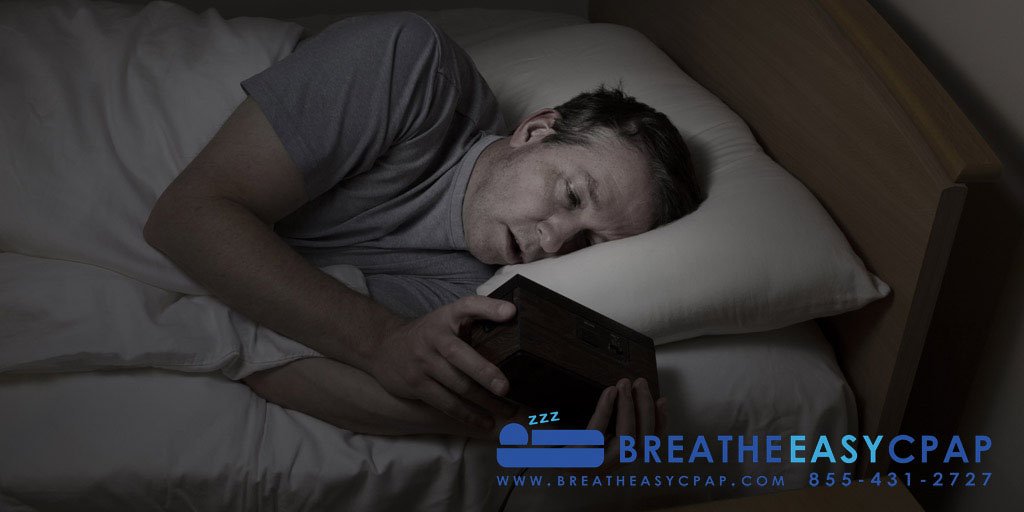Continuous positive airway pressure, or CPAP therapy, is an excellent treatment of sleep apnea. Without this gold standard therapy, sleep apnea sufferers are at a heightened risk of developing serious medical conditions such as diabetes and kidney disease. After beginning CPAP machine therapy, most people feel great. They are getting more sleep, waking feeling refreshed, and feel at peace knowing they’re preventing these terrible health problems. Unfortunately, you may run into some difficulties with your treatment somewhere down the line. Bloating, burping, and intestinal gas are some of the most frequent complaints after CPAP use.
Is Your Gas Related to CPAP Therapy?
Your CPAP alleviates sleep apnea by delivering a continuous air source to keep your airway open. The potential drawback to this airflow is that sometimes the air accidentally flows where it isn’t supposed to, like your stomach. Your trachea, or airway, is very close to your esophagus, the tube leading to your stomach. When air accidentally flows to your belly rather than your lungs, you might experience air trapping and gas.
If you’re worried that you might have issues with this swallowing of air, or aerophagia, look for symptoms like an abnormally bloated abdomen, burping, farting, and stomach pain after CPAP use. Although the risk for serious damage related to this condition is low, it’s frustrating, uncomfortable and sometimes embarrassing. Plus, if air is being delivered to your stomach at a greater rate than your lungs, your sleep apnea treatment isn’t going to be effective.
How to Prevent CPAP Bloating and Gas
After experiencing abdominal discomfort, many CPAP users wonder if their CPAP mask is causing their gas. Most likely, the type of mask you are using will not be affecting your gas. Your best bet will be to look elsewhere for the cause. The first step to preventing CPAP bloating is to make sure that you have undergone a “titration study” with your doctor. This study is part of an in lab sleep study where respiratory technicians measure the exact pressure setting you require in order to properly treat your sleep apnea. Call your physician and ask if this was performed. If it wasn’t, your CPAP pressure setting may be too high. Too high of pressures cause air to push passed the airway and into the stomach.
Another common cause of CPAP gas is sleeping position. Laying on an incline can prevent kinked airways and is usually an easy fix to implement. You can simply put a few boards under your mattress to build a slope to your bed or buy a mattress with incline settings.
Some doctors suggest using over the counter gas control medications to manage your gas issues. If these don’t work, they can also prescribe stronger medications like Prilosec. Make sure that you are discussing all of your symptoms with your doctor, they may be able to rule out other causes of gas so that you aren’t wrongly blaming CPAP treatment.
You can also ask other experts about possible solutions to your CPAP bloating. The health care professionals at Breatheeasycpap.com have a lot of experience solving CPAP related problems. They’ll help you search for the best sleep apnea supplies to make treatment more comfortable because they believe that treating your illness should be comfortable and empowering. Contact them for help with your sleep apnea needs today!

